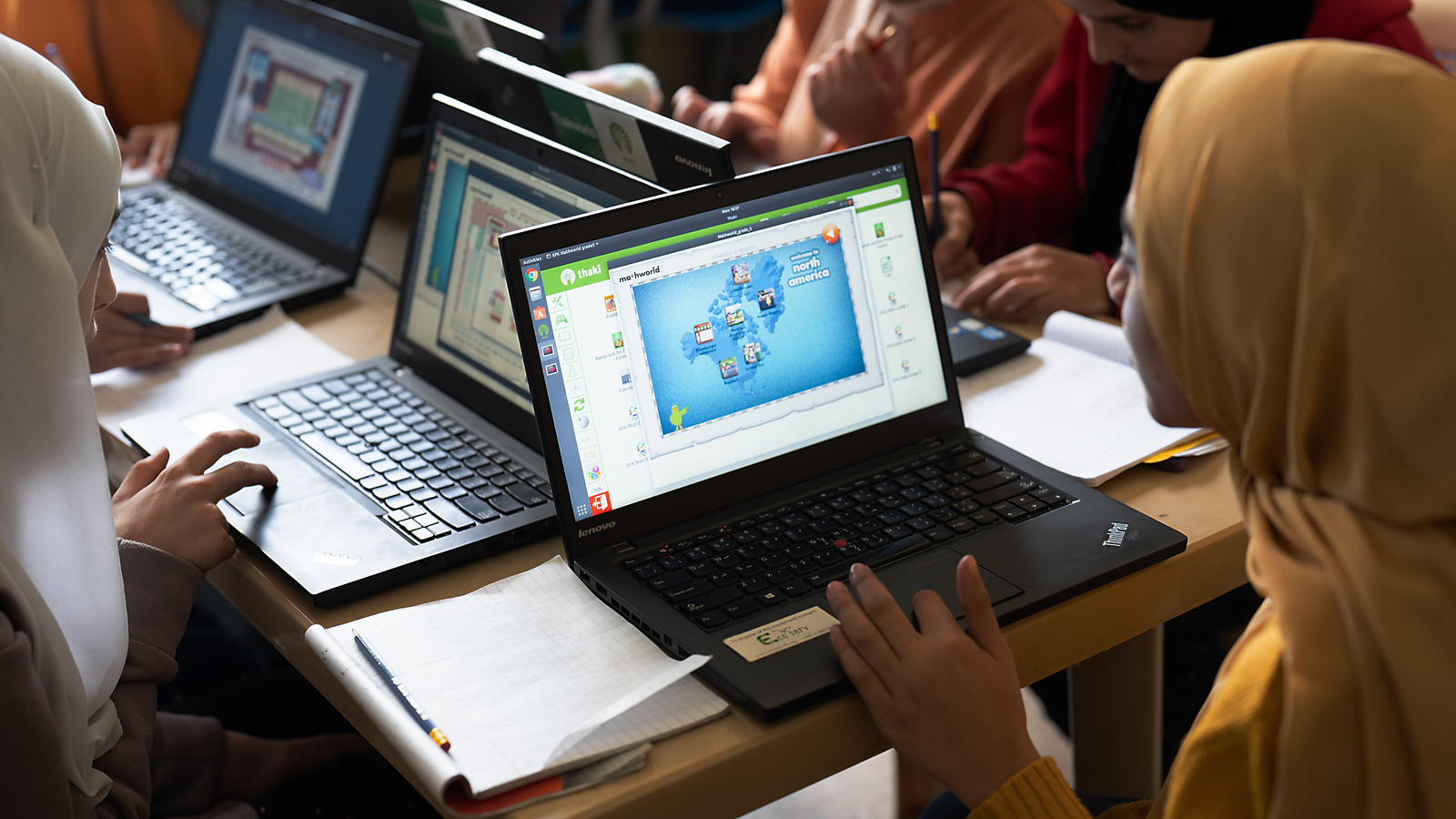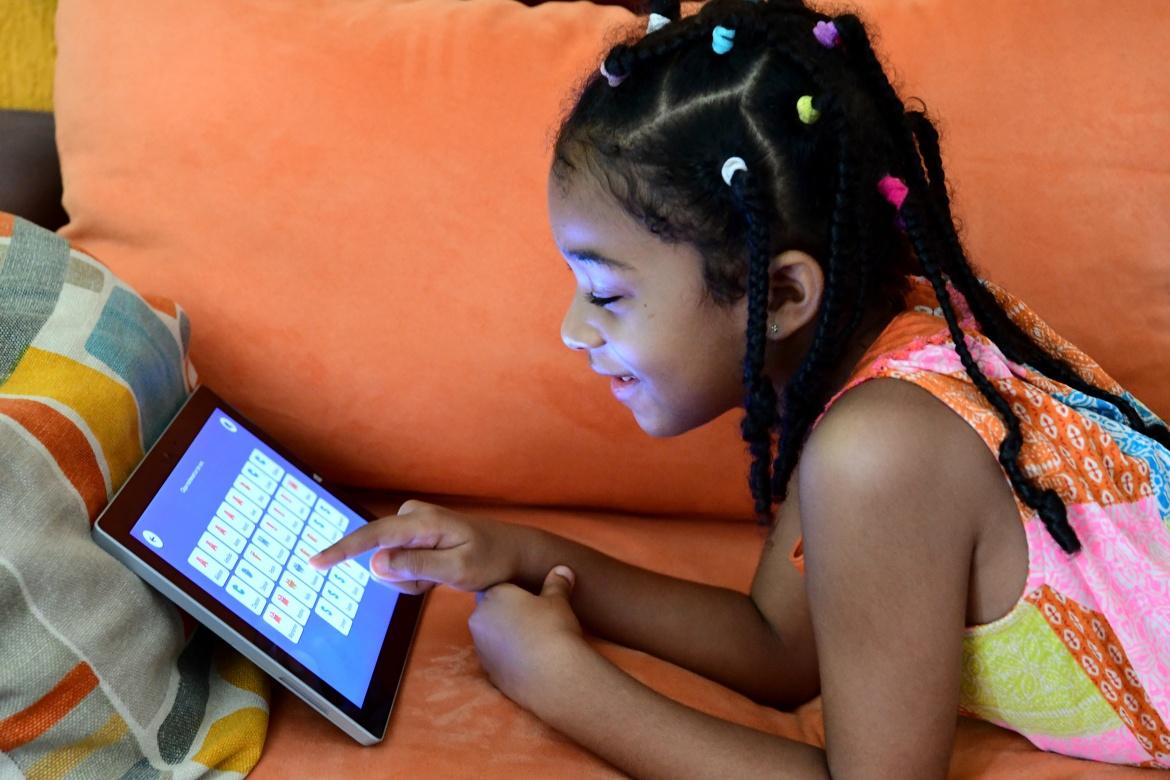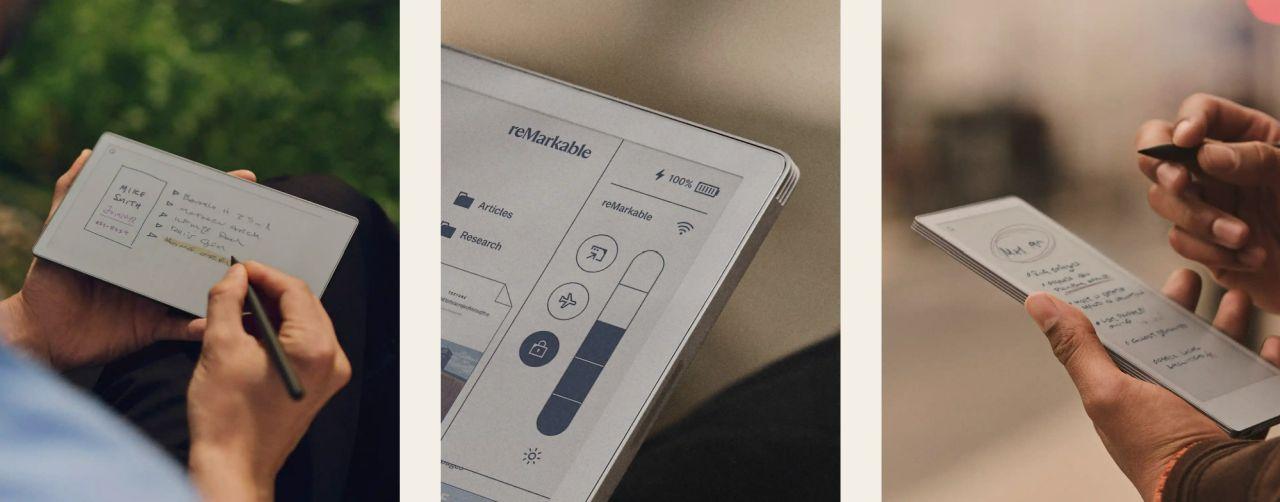
Meet the 20 Solv[ED] Youth Innovation Challenge Finalists
MIT Solve’s first ever Solv[ED] Youth Innovation Challenge received an inspiring turnout with over 800 youth-led solutions from across 148 countries!
Now, after careful review by our Challenge Judges, we’re excited to introduce you to the twenty teams selected as Solv[ED] Youth Innovation Challenge Finalists. They hail from Nepal, Tanzania, Zimbabwe, Colombia and more.
Finalists will have the opportunity to pitch their solutions to a panel of judges who will then select the 10 Solv[ED] Innovators. The selected innovators will have access to over $200,000 in prize funding, mentorship support, an invitation to our flagship Solve at MIT, and additional resources.
Finalists
AILEMapp, based in Hong Kong, China, seeks to provide knowledge and education tailored for the needs of refugees and asylum seekers to integrate into society.
Automated Solar Powered Bio-pesticides and Bio-fertilizer Delivering Machines, based in Pwani, Tanzania, provides automated solar powered vending machines that deliver organic pesticides and fertilizers on credit and at affordable prices to smallholder women and youth farmers in rural Africa.
COMP-OX, based in Puebla, Mexico, is an integrated technology and business model that turns urban food waste into compost with crop-specific nutrients, accelerated through oxidation technology.
Cropfix by eAgro, based in Harare, Zimbabwe, is a Whatsapp chatbot that helps smallholder farmers detect crop pests and diseases through images.
Etana, based in Illinois, USA,, is a cost-effective device that enables women in developing countries to create a unique identity without having access to the internet or electricity.
Hybrid Sanitary Napkin for Economic Change, based in New Jersey, USA, helps women achieve economic independence and social awareness by creating informed global citizens who can lead others toward sustainability.
Hydroquo+, based in Dhaka, Bangladesh, is focused on delivering water intelligence to drive water safety and availability with actionable insights.
In-Sync, based in Lagos, Nigeria, is a mobile application that provides mental health care to people who have mental illness or emotional needs so they can live happier lives.
JusticeText, based in California, USA, improves criminal justice outcomes for indigent Americans by expediting the review of body camera footage, jail calls, and more.
Karesa Bazaar, based in Bagmati, Nepal, is a mobile app that connects women entrepreneurs with socially-conscious customers. As consumers buy sustainably-produced goods, the app expands economic opportunities for rural enterprises.
Karpolax, based in Kampala, Uganda, uses green nanotechnology to extend the shelf life of fruits and vegetables.
KLAW Industries - Pantheon™, based in New York, USA, is a partial replacement for cement made from landfilled glass that reduces the embodied carbon of concrete to eliminate high-carbon infrastructure.
O-lab: Empowering Underrepresented Learners Worldwide, based in Bogota, Colombia, bridges the digital divide in education with their accessible, empowering, and personalized learning app and LMS for last-mile learners worldwide.
Project Palaash, based in Delhi, India, utilizes floral waste to naturally dye fabrics, address the issue of water pollution, and preserve India's handloom heritage by redefining fast fashion practices.
Sprxng, based in Connecticut, USA, is a reusable menstrual product that includes a therapy for menstrual pain.
Street2School, based in Maiduguri, Nigeria, is a blended online/offline community learning platform that empowers out-of-school youth across Northeast Nigeria with access to foundational skills required to become productive citizens.
Tripple P, based in Kericho, Kenya, upcycles food waste into fertilizer and animal feed.
Uniphage Inc., based in Washington, D.C., USA, uses deep learning and safe bacterial and fungal viruses to eliminate infectious diseases in agriculture and reduce unsafe pesticide use.
Visis, based in Ibadan, Nigeria, is an assistive-reading application that makes use of artificial intelligence to help the visually impaired read printed books and educational materials independently and conveniently.
ZNotes, based in London, United Kingdom, facilitates the development and dissemination of high-quality, student-built educational resources to end educational inequality for young people everywhere.
What’s next?
Join us at the Solv[ED] Solutions Event on March 25-26, where we will announce which of these 20 finalists will become Solv[ED] Youth Innovators. The event will also bring together the entire Solv[ED] community: even if your solution wasn’t selected, this will be a great opportunity to connect with other young people, like YOU, from around the world, who are passionate about making a positive impact on their communities and the world. Thank you to the Morgridge Family Foundation, HP, The Rieschel Foundation, EY and the Pozen Social Innovation Prize for making Solv[ED] and this event possible!
As a reminder, all Challenge applicants can register and attend virtually using the code that was sent to you via email. If you are not an applicant, you can still join us via livestream on Saturday, March 26 - everyone, everywhere is welcome! You won’t want to miss the Solv[ED] Innovator pitches along with speakers including Jade Hameister, Clover Hogan, Litokne Kabua, Carrie Morgridge, Moñeka de Oro, Aashini Shah, and Mariela Shaker!
Tags:
- Learning
Related articles
-
“Education is the one thing you can take with you.” A Q&A with Rudayna Abdo, Founder and CEO, Thaki

-
A LEAP in evidence-based innovation for education
How to address the need for evidence-based innovation in education by empowering researchers, social entrepreneurs and education organizations to work together.
-
Powered by Purpose: E Ink’s ePaper Technology Takes Aim at the World’s Toughest Problems
Because it draws power only when an image changes—and none at all while static—ePaper reduces energy consumption by orders of magnitude. That single breakthrough unlocks net-zero transit signs, off-grid medical notebooks, and other applications that traditional screens simply can’t power sustainably.